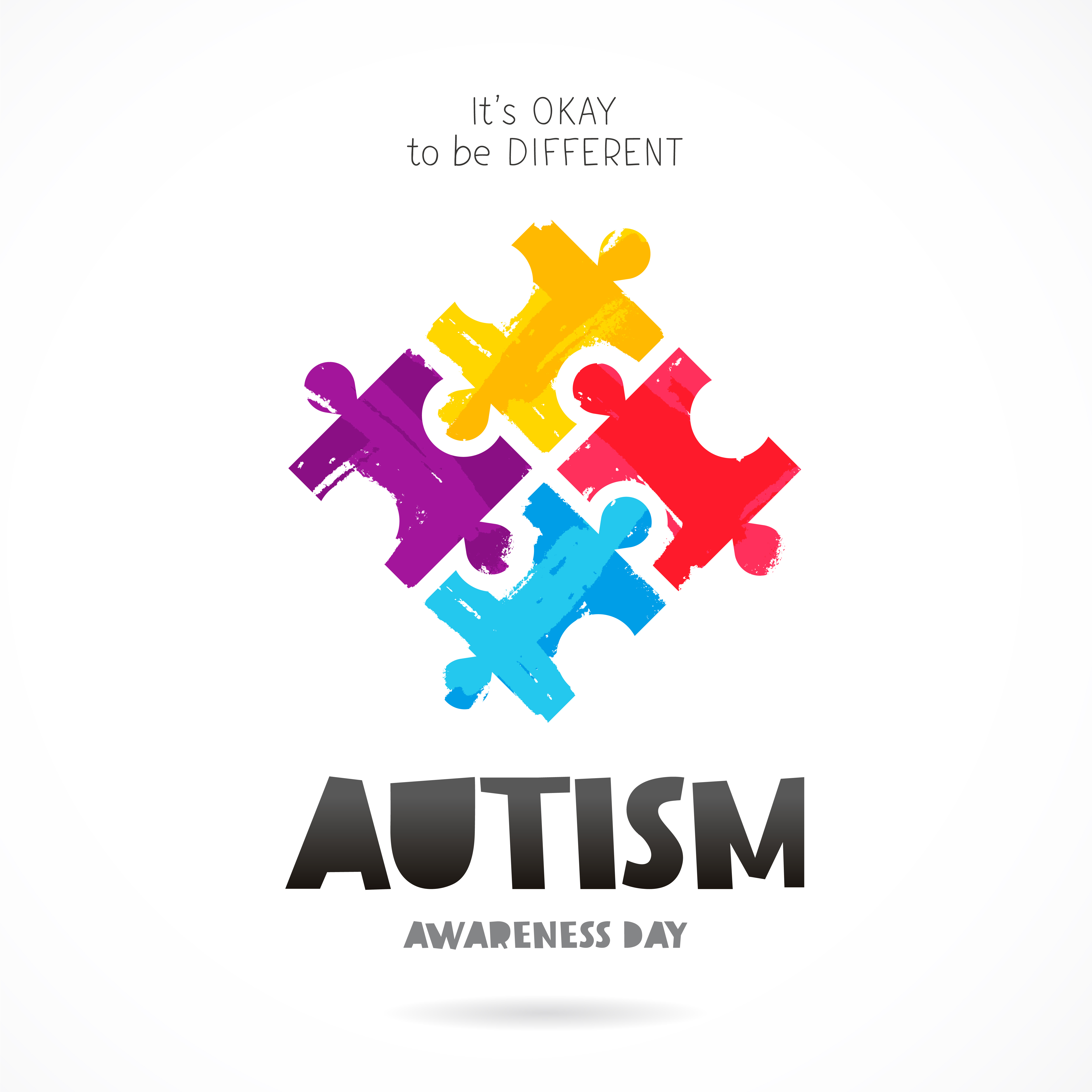Coppice HR
HR NewsAutism In The Workplace

Employees and potential new recruits with Autistic Spectrum Disorder (ASD) offer so many benefits to an organisation.
Research has shown that 60% of people with ASD have average or above average intelligence. They are often very thorough in their work and rule observant. Monster Recruitment suggests that the unique qualities of an autistic mind include honesty, focused effort and logical thinking. Importantly, they can hold high levels of expertise in their given topic. It is these traits that can be overlooked by employers at the recruitment stage and not recognised in the work environment.
It is estimated that around 1 in 7 people (more than 15% of people in the UK) are on the neurodivergence spectrum. Autism (which includes Asperger’s Syndrome) is neurotypical, meaning that the brain functions, learns and processes information differently. It impacts how an individual perceives the world and interacts with others; social exchanges and change are often difficult, but are employers missing out on the skills they can offer?
The US software giant SAP has realised the strengths that other’s may be missing and have noted that autistic employees have a superb ability in jobs such as software developer and graphic designer. The intelligence and security centre GCHQ have a very successful Neurodiversity Programme for people with autism, dyslexia and dyspraxia. Further, successful individuals on the spectrum include actors Daryl Hannah and Dan Aykroyd, composer Mozart, scientist Einstein, singer Susan Boyle and filmmaker Stanley Kubrick.
It is noted that individuals on the autistic spectrum sometimes say things ‘as it is’, perhaps sounding emotionally detached. This can lead to discrimination and bullying in the workplace. They may need some support within the workplace and sensory expectations noted, but often these reasonable adjustments are not arduous and allow the company to meet the requirements of the Equality Act (2010).
The National Autistic Society (www.autism.org.uk) comments that it is the informal activities or soft skills that make a difference, such as making sure communication is well-defined. It recommends that there is clarity in the expectations of the job, instructions are clear and precise and that the work environment is well structured. SAP’s Neurodiversity programme recommends that a mentor is required to help. Aren’t all of these soft skills something that should be included in everyone’s induction and beyond?
Professor Austin from Copenhagen Business School, comments about the SAP initiative:
“One of the things that we’ve done historically in human resource management is, we’ve asked people to trim away the parts of themselves that are irregularly shaped, and then we ask them to plug themselves into standard roles. Instead, maybe managers have to do the hard work of putting the puzzle pieces together and inviting people to bring their entire selves to work.”
It has been said that “the right role, and with the right support, an autistic person will significantly outperform a neurotypical person doing the same job.” A different way of doing things or perhaps the way that organisations should do for everyone at induction and beyond. Coppice HR (www.coppicehr.com) can develop a culture of inclusion in your organisation, coupled with appropriate policies and procedures. Contact us at paul@coppicehr.comor 07814 008478.
Inspired by: Autism UK – Employer Information, Forbes – Recruiting Employees With Autism, The Guardian – Employees With Autism and ACAS – Neurodiversity In The Workplace